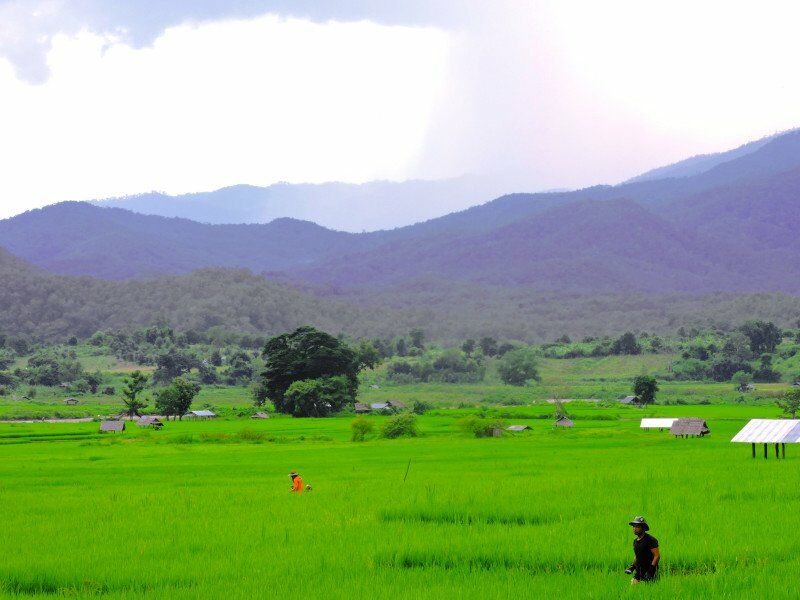Rice production crisis forecast: Dry woes, dwindling waters, and El Nino brew trouble

Asian rice production during the off-season is predicted to suffer due to a blend of unfavourable weather conditions including dry planting, dwindling reservoirs and ongoing El Nino weather patterns. These issues are due to reduce the early 2024 yields, further squeezing supplies and potentially causing a rise in food inflation.
Both India, the world’s largest rice exporter and Thailand, the second-largest supplier, are projected to witness a drop in off-season crop production in the first quarter. Meanwhile, Indonesia, a major importer, is grappling with drought conditions as farming activities kick off, according to traders and analysts, said Peter Clubb, an analyst at the International Grains Council in London.
“High prices should encourage planting but there are concerns about water availability from low reservoirs which could see yield losses from off-season crops.”
This year, global rice supplies have felt the pinch due to hot and dry weather conditions influenced by the El Nino weather phenomenon. This has resulted in reduced production in significant exporting and importing nations.
Asian countries, the origin of the majority of the world’s rice shipments, have experienced price hikes of around 30-40% in 2023. This is the highest increase in 15 years due to India’s imposed export restrictions.
The El Nino weather pattern is anticipated to persist across the northern hemisphere until June 2024, according to a US government weather forecaster. Japan’s weather bureau also estimated an 80% likelihood of the phenomenon continuing through the northern spring.
Diminished rice production
In response to the diminished rice production and looming food inflation risks, India is expected to retain its export restrictions until mid-next year. Thailand is also predicted to have a reduced surplus for exports, as per traders and analysts, BMI, a unit of Fitch Solutions, stated.
“In the absence of Indian rice exports, Thailand and Vietnam would be expected to account for a sizeable share of global rice deliveries, which will render trade prices sensitive to weather conditions in either market.”
Significant Asian importers, such as Indonesia and the Philippines, are taking action to secure supplies. Indeed, the Philippines has instructed private traders to acquire an extra 1 million tonnes of rice to bolster local supply and regulate prices. Indonesia’s state food procurement agency Bulog has secured contracts for 1 million metric tonnes of rice imports.
Unlike main crops that depend on rains, off-season crops primarily rely on sufficient soil moisture and irrigation. India’s winter crop, typically planted in December-January and harvested around March, is predicted to decrease by one-fifth to approximately 20 million metric tonnes, exporters revealed.
An exporter in Kakinada in the southern state of Andhra Pradesh stated that soil moisture levels in many producing states are below normal and reservoirs are holding less water than the 10-year average.
Indonesia, Southeast Asia’s most populous country, has been experiencing extremely dry conditions over the past four months. This has resulted in reduced soil moisture and delayed rice planting, officials and traders reported.
Farmers are likely to commence planting in December, with harvests anticipated to take place in May-June, a delay of two to three months, said Arief Prasetyo Adi, chief of the National Food Agency.
Latest Thailand News
Follow The Thaiger on Google News:


























